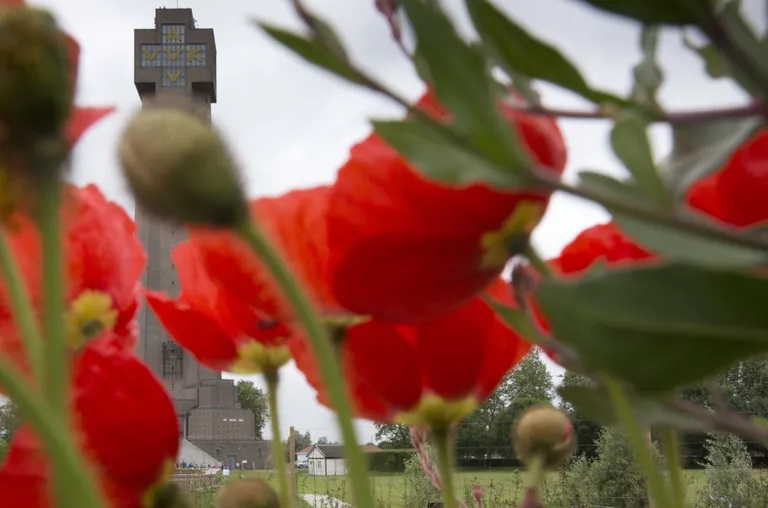In search of alternative voices in Russia, people turned to the so-called Russian liberal journalists, but what kind of values these journalists are bringing to the table is an important question.
Alexei Navalny, the imprisoned leader of the Russian opposition, when asked whether he would return Crimea to Ukraine said: “Crimea is not a sandwich to pass it back and forth”. Another famous oppsitional figure and former presidential candidate, Kseniya Sobchak, claimed that retreating from Crimea would be a “political suicide” for Russia and called those Ukrainians that were outraged by seeing a Russian model in the recent Zara fashion show “Nazis”.
Russian liberals are against the idea of war and violence, but not against the imperial expansion of Russia and opression of other nations. In fact, they just want this expansion to be done more efficently. Their narratives resemble a soft version of the official Russian propaganda, as many of them support the thesis about “brotherly nations” and keep serving the same ideals.
Popular YouTube interviewer and journalist Yuri Dud, emphasizes in his videos that the nationality is not important, there’s no language differences, Ukrainians and Russsians are “the same people”. Same rhetoric can be found in the videos of Maksim Kats who appeals to the common Soviet mentality and calls Ukrainians “our” people. But Ukrainians have been independent for more than 30 years already and developed their own cultural identity, so they are not the same people Russians used to know back in the Soviet times.
Nevertheless, Russian liberals keep claiming that Ukraine and Russia have to necessarily co-exist in a common trajectory, they don’t recognise the existence of Ukraine outside of the Russian context.
As another “oppositional” journalist Ilya Varlamov assumed in his movie about Ukraine, Ukraine without Russia will collapse, both culturally and economically. They put a lot of efforts in the depictions of how “bad” the situation in Ukraine became after the revolution in 2014, since they are afraid of this kind of revolution and its consequences in Russia.
The Russian “liberal” content typically focuses on the sufferings and hardships of the ordinary Russians, while completely ignoring or dismissing the destruction and murders their army brought to the Ukrainians. In doing so, these “critical” journalists are diminishing the shared responsibility for the war crimes and portray instead Russians as the main victims of the story.
For instance, instead of showing to the Russian audience the destruction and war crimes their army commited in the Kharkiv region, the journalist Pivovarov from ‘Redaktsiya’ shows the “hardships” of life in the Russian Belgorod, the city on the other side of the border.
While people turn to liberal Russian media to see the critical points of view and other side of the conflict, they keep seeing only their inner side problems and the same propagandist thesises but in a more “democratic” cover. Even when speaking of the possible use of the nuclear weapons on Ukraine, the main concern of these media is of what will happen afterwards to Russia, not about the devastating consequences for Ukraine, neighbouring countries, or the nature and ecological situation in Europe. Such self-centered framing leaves Russian people not only ignorant and indifferent to what is happening, but also gives them an illusion of following the critical news and the liberal opposition.
The problem is that unlike the official Russsian propaganda, Russian liberal journalists still have voices and audiences abroad. For now, their concerns seem to be about Putin and the absence of democracy in Russia, but not much about their army killing Ukrainians daily. They dislike not the Putin’s imperial intentions, but only the way in which they are implemented. These journalists and these kinds of media do not wish Ukraine any good. They gain popularity due to their personal image and the white-washing of the ordinary Russians, not from presenting any liberal values. They are simply companions on the way towards getting rid of Putin and should not be considered as more than such.

